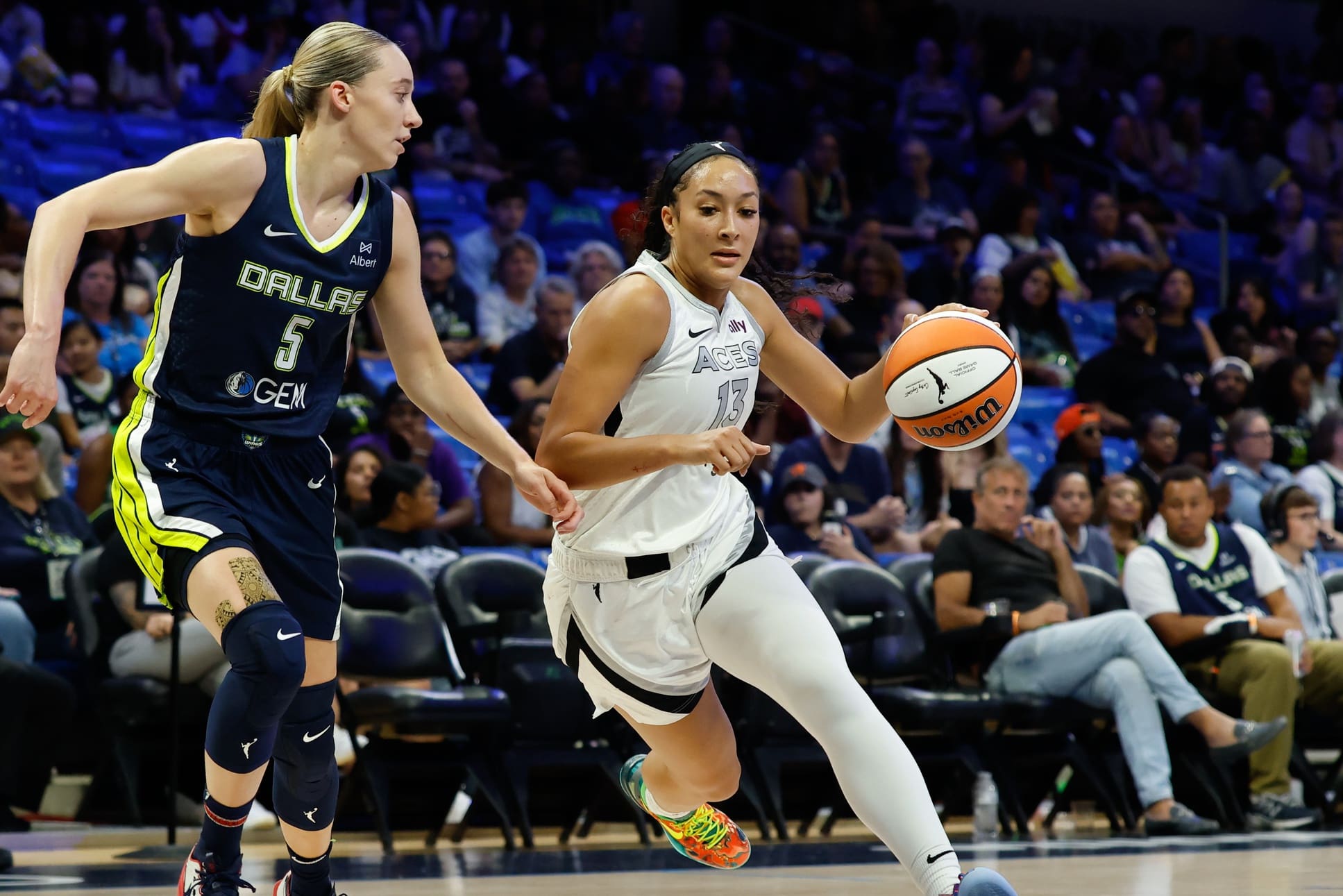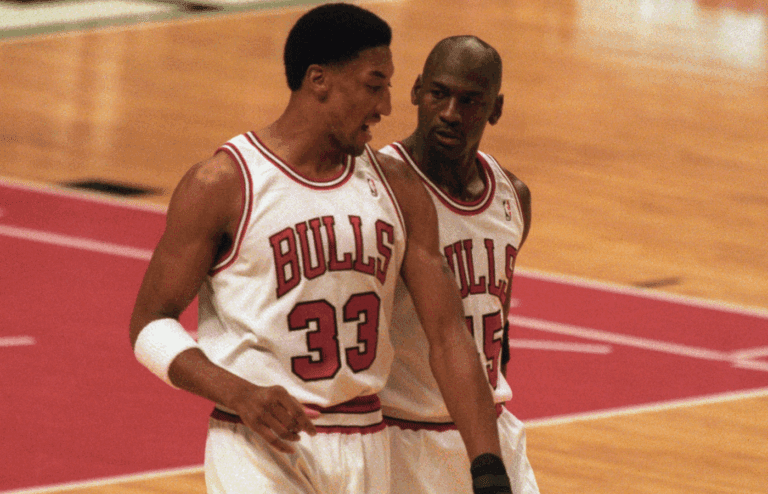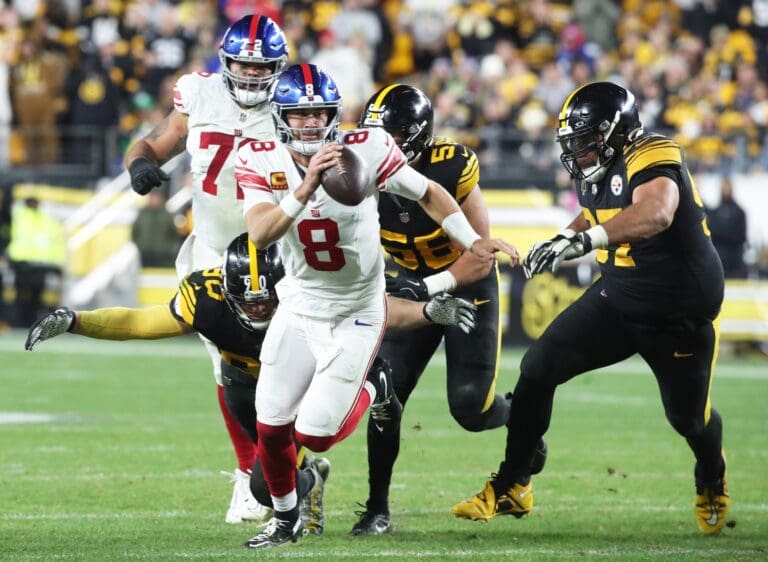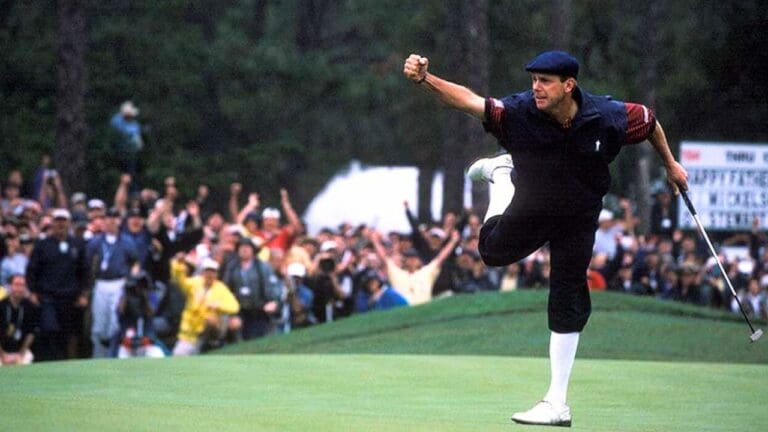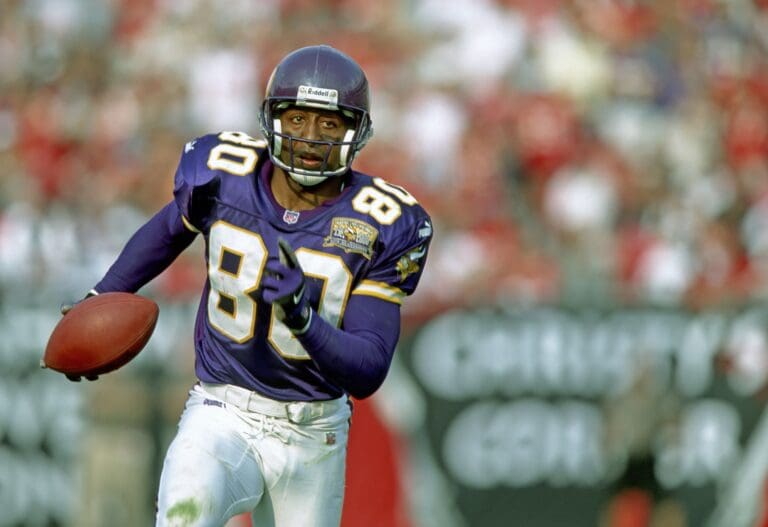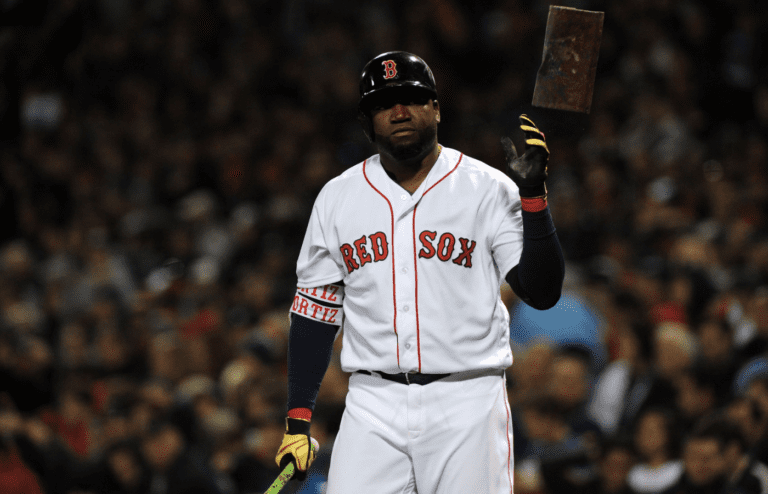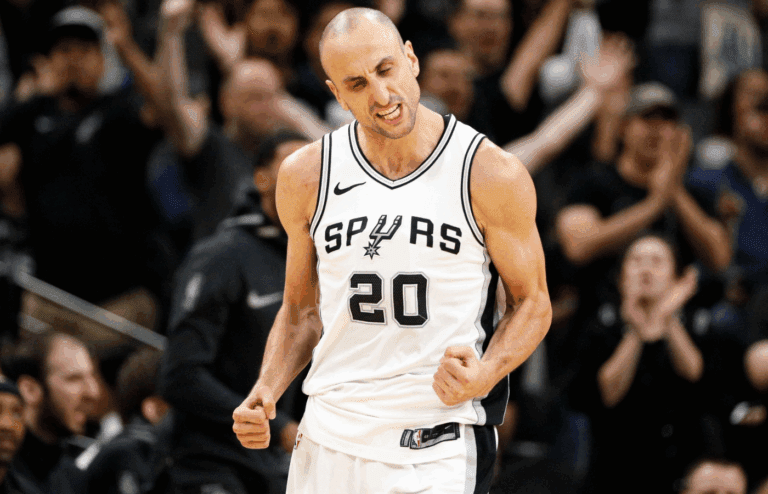The WNBA is experiencing unprecedented growth. Commissioner Cathy Engelbert recently announced that three new teams, in Cleveland, Detroit, and Philadelphia, will join the league over the next five years, boosting the total to a record 18 franchises.
Fan engagement has exploded: 2024 ticket sales rose 93%, viewership quadrupled, and teams like the Las Vegas Aces are playing in sold-out arenas. Stars such as A’ja Wilson now headline national campaigns, while players are gaining millions of followers.
But under this spotlight, a long-standing issue is intensifying.
Race Still Shadows the Court
Despite the WNBA’s progressive history and strong record on inclusion, racism within fan culture is growing louder, not quieter.
The most visible case? The contrast between media darling Caitlin Clark, who is white, and Angel Reese, a proud, vocal Black athlete. The two have been rivals since college, but the treatment they receive couldn’t be more different.
Black players like Reese are regularly labeled “aggressive,” “classless,” or “dirty,” especially during heated games. Meanwhile, when Sophie Cunningham, another white player, slammed an opponent and yanked her ponytail, she gained over a million TikTok followers in just three days.
Read More: Ranking the 15 Biggest Celebrities in the WNBA
Media Bias and Fan Double Standards
Research backs what players have long said: Black WNBA players receive less media coverage, even when they outperform their peers.
Elizabeth Taylor, a professor at Temple University, explains that the league’s new wave of fans — many not aligned with its progressive roots — are fueling racially charged narratives.
Viral clips often spotlight Black athletes in conflict, while similar behavior from white players is spun as “grit” or “passion.”
The problem isn’t limited to online commentary. According to Brittney Griner, players now hear racial slurs during games from new fans. “They don’t deserve that,” she said of her teammates and opponents alike.
Even retired legend Sue Bird weighed in: “Caitlin didn’t bring racism to the WNBA. This has been happening.”
Young sports commentator Selah Viana, only 14, is already disillusioned. “It’s kind of discouraging,” she says. “I’m a young Black journalist… seeing those stereotypes put on professional women? It makes me wonder if anything’s really changing.”
There’s no denying that the WNBA is rising fast. But with that growth comes a harder truth: unless the league and its fans confront racism head-on, the very players fueling this success may be the ones most harmed by it.
Read More: These 15 Legendary Athletes Weren’t Scared to Talk Politics

